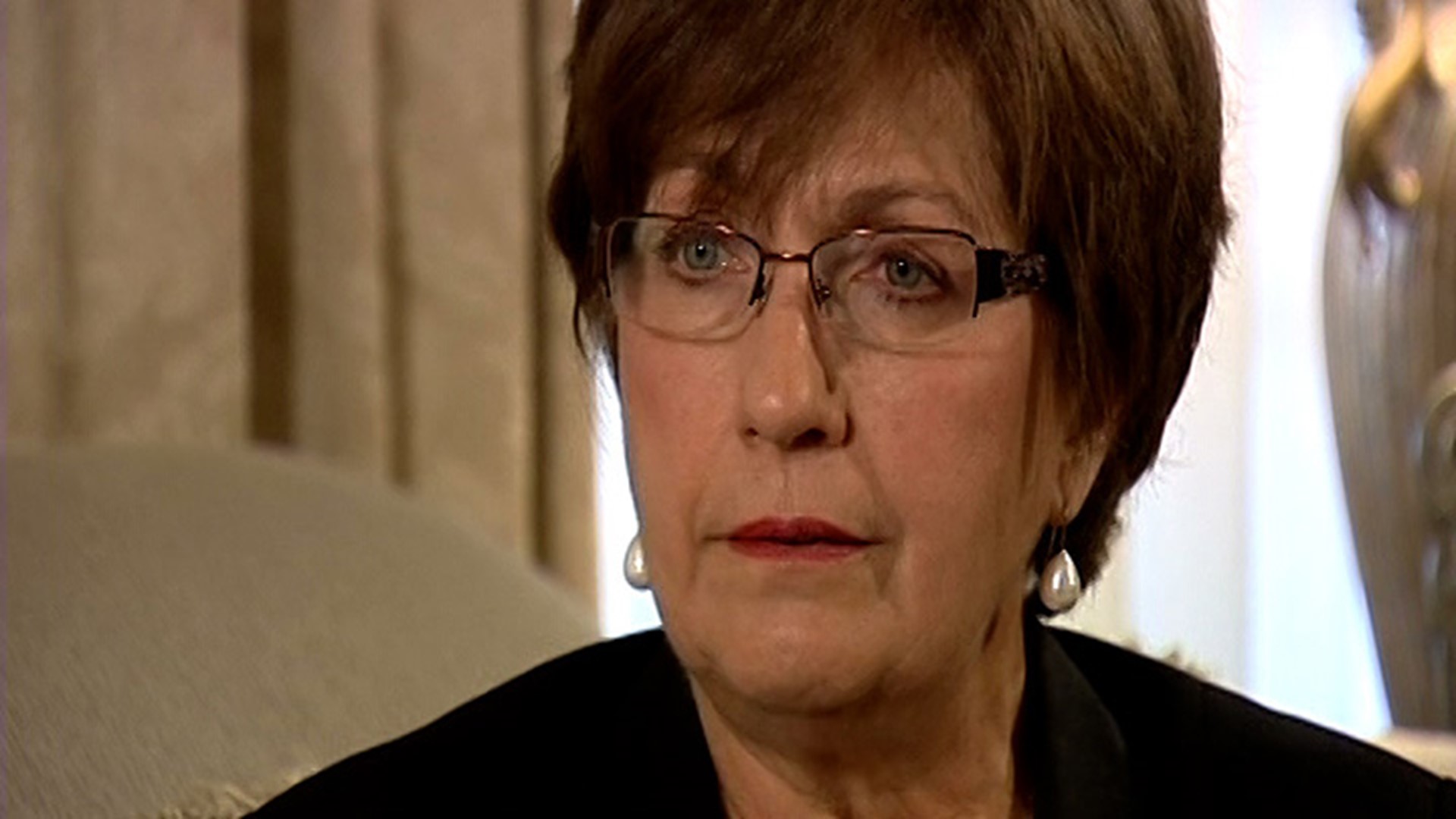LAFAYETTE, La. — This story is from a David Hammer investigation in 2013.
The fate of the Road Home program, the largest housing recovery effort in U.S. history, changed forever on March 16, 2007, when the federal government told Louisiana that it had to pay lump-sum compensation grants, not installment payments specifically for construction.
As Eyewitness News and The New Orleans Advocate combined to look at the impact of that change seven years later, we sat with then-Gov. Kathleen Blanco, who had banked her political future on the success of the Road Home.
We found the former governor doing well after her bout with eye cancer. She's writing her memoirs, settling into a new house in Lafayette -- and still upset with the way her signature Katrina recovery program was undercut by politics.
'It just seemed like as soon as good things would be happening for Louisiana people, the rug would be pulled out,' she said.
She had designed the Road Home to be nearly impervious to fraud. And thanks to finger-printing applicants and paying grants like loans, there were very few cases of people collecting money they didn't deserve.
'We tried to engage the banking community to set up an accountability system, much like if you're making a loan at the bank to build a house,' Blanco said.
But it was taking way too long.
Mississippi moved quickly with a limited program. But Blanco didn't launch Road Home until almost a year after Katrina because she wanted to do more than Mississippi. She wanted to give grants to every damaged home in the state, flooded or not.
And she was roundly criticized for designing a program that paid grants based on pre-storm values, rather than the costs of actually rebuilding, which skyrocketed after the storm.
'We tried to address every concern and it's next to impossible to address every single concern,' she said.
A first allocation from Congress of $6 billion in December 2005 wasn't enough. Another $4 billion in June 2006 was enough to start the Road Home, but not to finish it.
Blanco was angry that Mississippi, with far less damage, was getting as much total help from the Republican Congress and GOP president, George W. Bush.
'I told the White House, Andrew Card, who was the president's chief of staff, 'We're not gonna tolerate that.' You live in the wrong state? Same hurricane, wrong state? You get twice as much in Mississippi? I don't think so!' she said, getting animated again. Blanco said the Washington power players didn't appear to get what had really happened in Louisiana.
'Dennis Hastert, (R-Ill.), who was speaker of the House, told me in his office directly, he had come with me to New Orleans and he had gone to Mississippi, and he said, 'Governor, I think Mississippi got the worst of the hurricane,'' Blanco recalled. 'He said, 'The houses there were just erased off the land. New Orleans just had flooded houses.' I said, 'Mr. Speaker, have you been in a flooded house?' I said, 'You would wish that your house was erased!''
She said the White House orchestrated what happened March 16, 2007, when Blanco got an evening phone call from HUD forcing her to change the Road Home. 'Just write checks,' they said.
'President Bush was severely criticized for being late to the game and then they tried to shift the blame,' she told us.
No installment payments, no protections. And a week after the Road Home change, Kathleen Blanco's political career was over: She announced she would not be seeking reelection for a second term. A lot of things went into that decision, but the damage to her signature program put her over the edge.
'Well, it was the icing on the cake, I'll say,' she acknowledged. 'You know, they knew what they were doing. It just hurt our people so much.'
According to state estimates, upwards of 20 percent of New Orleans Road Home grant recipients have still not fully rebuilt and reoccupied their homes.
'About 130,000 people across south Louisiana, Coastal Louisiana, got some grants. And many of the houses have been rebuilt,' Blanco said. 'And I just wish that those that are not yet rebuilt will go ahead and use the money to rebuild their homes.'

